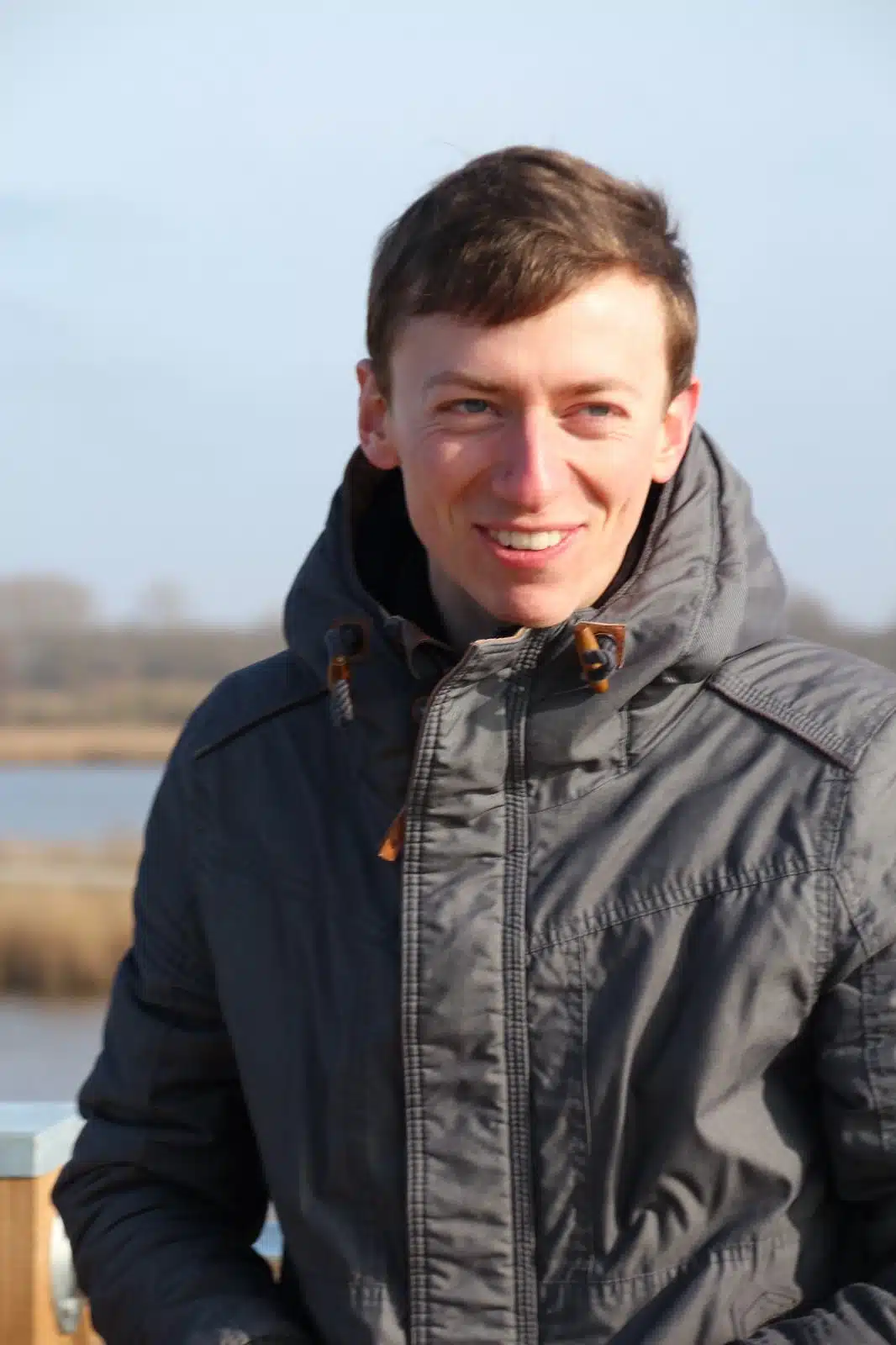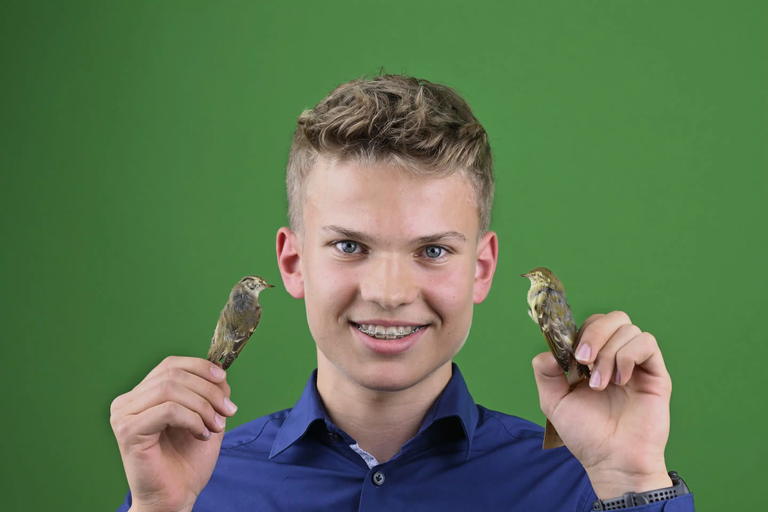Walther-Arndt-Research-Award
With the research prize, the German Zoological Society commemoralizes the upright and courageous Berlin Zoologist Prof. Dr. med. Dr. phil. Walther Arndt, who, after a rich and productive career, was sentenced to death by the Nazi judiciary in the last year of the war for open, critical statements. He was executed on June 26, 1944 at the age of 53. The prize is intended to commemorate both the political courage and the scientific achievements of Walther Arndt.
The Walther Arndt Research Prize is awarded for an outstanding scientific work on a Zoological topic. Applicants should be shortly before or after their habilitation or show comparable achievements. Preference will be given to works that are able to place the original results, regardless of the zoological subfield, in a larger biological context.

This year's Walther-Arndt-Research-Awardee is
Dr. Anna Stöckl, University of Konstanz
for more information, click here (in German)
During the award ceremony on Thursday (see program), Dr. Stöckl will give a presentation of her research:
Title: Adaptive strategies of dynamic action selection in natural visual environments
Abstract: To operate effectively in complex natural environments, any agent—whether biological or synthetic—must sense their surroundings, extract relevant features, and translate them into adaptive motor actions suited to both context and goals. My research investigates the neural mechanisms underlying action selection in insects, combining physiology, behaviour, morphology, modelling and environmental imaging to study the intricate interplay between organisms and their environments. In this presentation, I will share our work on the neural and behavioural strategies that flexibly adapt insect visual flight control to natural light dynamics, including artificial light at night. I will summarise our findings on the neural mechanisms that allow hawkmoths (Lepidoptera) to optimise the visual signal-to-noise ratio across a million-fold range of light intensity. I will further present how we investigate behavioural strategies for optimally sampling and responding to natural visual input during flight,and outline our approach to developing a coherent framework for studying the neural basis of visual flight control in dynamic light environments.
Award of the Horst-Wiehe Foundation
The Award of the Horst-Wiehe Foundation is given for an outstanding scientific dissertation on an exclusively zoological topic to young scientists after their doctorate and before completion of their habilitation.
The award is worth 2000 Euros. It is awarded every two years and presented at the respective annual meeting of the DZG.

This year's awardee of the Award of the Horst-Wiehe Foundation is
Dr. Jan Kreider, University Groningen
for more information, click here (in German)
During the award ceremony on Thursday (see program), Dr. Kreider will give a presentation of his research:
Title: The emergence of group living and division of labour at the evolutionary origin of eusociality
Abstract: Eusocial insects, such as ants, termites, some wasps, and some bees, have evolved a division of labour between a reproductive queen and thousands of sterile workers. It is poorly understood how the transition from solitary to eusocial breeding occurred, i.e., how are the traits of solitary insects used or transformed to produce the complex features of eusocial insects? Here, I present a combination of behavioural experimentation with a facultatively social bee and theoretical modelling to investigate two key steps during the evolutionary transition to eusociality: (1) the emergence of group living and (2) the emergence of division of labour. (1) Group living may have emerged as a response to changing environmental conditions. However, it is currently unknown which environmental cues trigger the individual decision of an insect to breed solitarily or socially. To identify such cues, we exposed the facultatively social allodapine bee Exoneura robusta to different temperature and predation treatments in climate chambers. We observed that low temperature triggered the bees to behave more socially, identifying a specific environmental cue that triggers a plastic response in sociality. (2) To investigate the emergence of division of labour within groups, we used individual-based simulations. In the absence of resource sharing, individuals alternate between foraging and tasks inside the nest. However, if non-foraging individuals are fed by other individuals, this delays their onset of foraging and makes individuals who shared resources more likely to forage again. Thus, resource sharing leads to task specialisation and the emergence of division of labour. Overall, these two studies suggest that two key features of eusocial insects – group living and division of labour – may have emerged through phenotypic plasticity and exaptation of existing behavioural mechanisms, initiating the evolutionary transition to eusociality.
Werner-Rathmayer-Award
The Werner-Rathmayer-Award is given in recognition of an excepionally original study in Zoology entered in the young scientists‘ Jugend-forscht-competition. It is worth 500 Euros and includes an invitation to the annual meeting of the DZG.

This year's Werner-Rathmayer-Awardee is
Dominik Mayer, Gymnasium Olching

